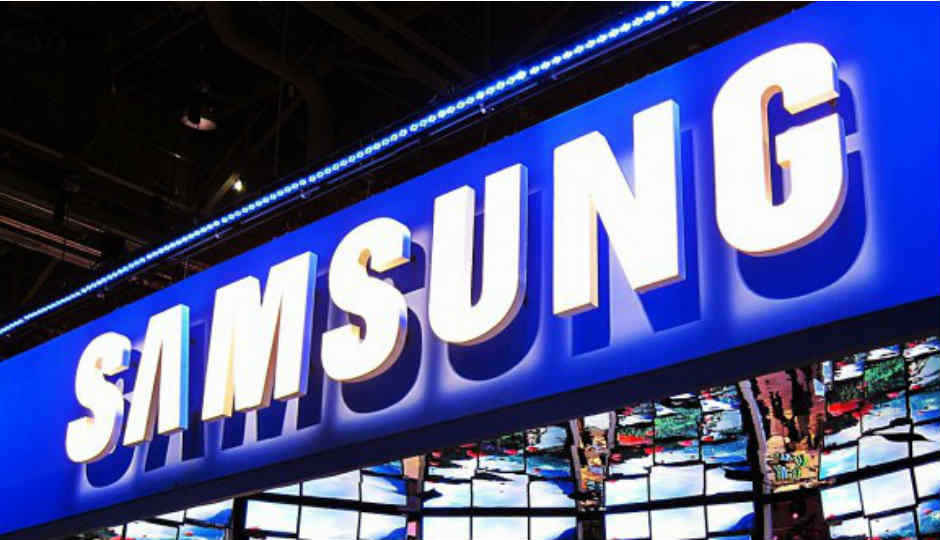Samsung’s new smartphone cameras may solve the low light problem

Samsung announced its new BRITECELL cameras that replace the green pixel in its sensor array with white, allowing more light sensitivity on the sensor.
South Korean smartphone giant Samsung has announced a new camera, called BRITECELL, which focuses on low light conditions. According to report, the company announced the new camera technology in an investor conference in Korea, recently. The camera can take sharper and brighter images in low light conditions, by doing away with the Bayer filter layout, which has been used in most smartphone camera up until now. The green pixel of a Bayer filter blocks light from reaching the sensor array, hence making images darker. In Samsung’s BRITECELL, these green pixels will be replaced by white ones, allowing more light to come through the lens, making photos brighter. The BRITECELL technology seems similar to Sony's IMX300 RGBW array pixels which applies the same technology, but we'll provide more details on that, later.
Low light imaging is not the only strength of Samsung’s BRITECELL cameras, though. The new cameras will also be 17% thinner than others used in smartphones, at the moment. This could help companies get rid of camera protrusions, as seen on the Samsung Galaxy S6 and iPhone 6/6S.
Further, Samsung also announced the Smart WDR technology. This is similar to HDR, and takes multiple shots which are then combined using algorithms, creating brighter and more stable images. Not much is known about this technology right now, but we expect it to be used in the company’s next generation flagship smartphones.
While Samsung didn’t mention which products will use these new cameras, it would be reasonable to expect them to be in play, in next year’s Galaxy S7. According to a report earlier, the Galaxy S7, which will be Samsung’s flagship for 2016, will be launched in Q1 2016. The company may also use its recently announced Exynos 8890 chipset, which has been built using its 14nm FinFET process.
Samsung is reportedly also going to launch high-end Tizen-based smartphones next year, which would give it a chance to build a vertical ecosystem, like Apple. This would presumably improve the performance of Samsung phones. The company has been toying with Tizen for a while, trying it on its smartphones, smartwatches and even TVs. While the OS seems quite good for its watches and televisions, it hasn't done too well on phones, as of now. Using it with Samsung's own SoCs, though, could yield better results.
Digit NewsDesk
Digit News Desk writes news stories across a range of topics. Getting you news updates on the latest in the world of tech. View Full Profile




